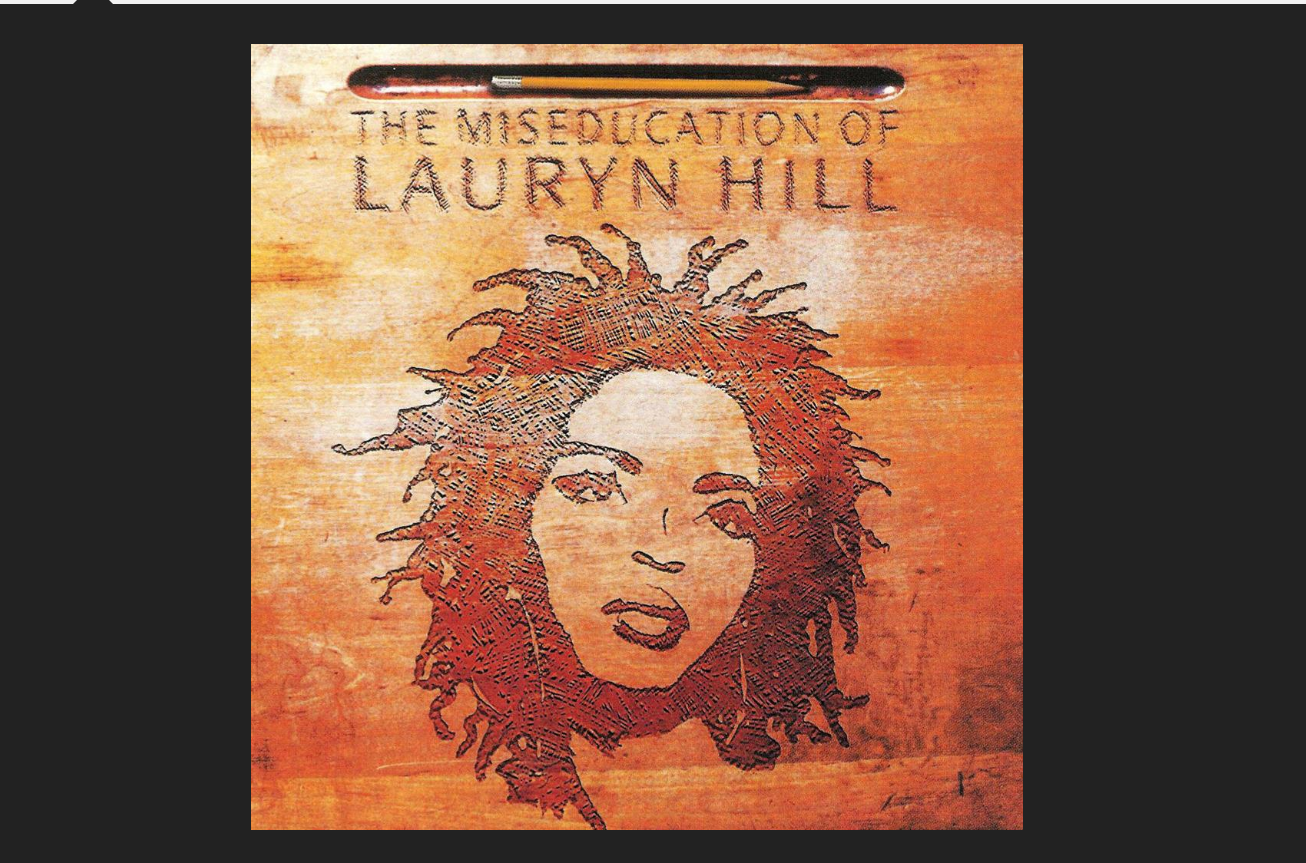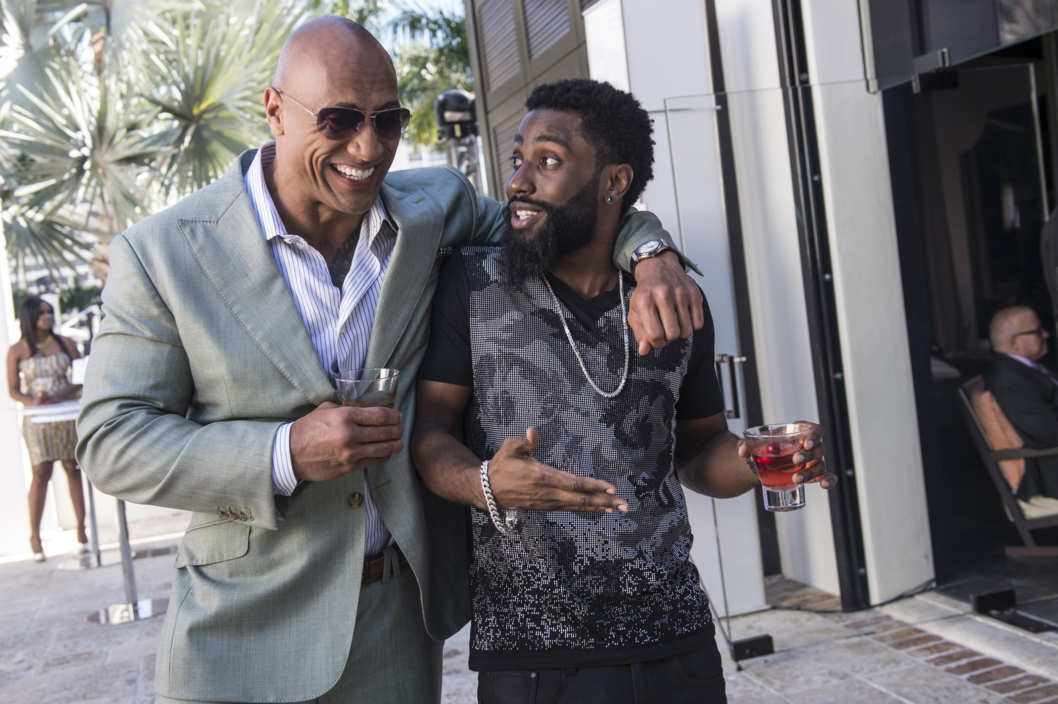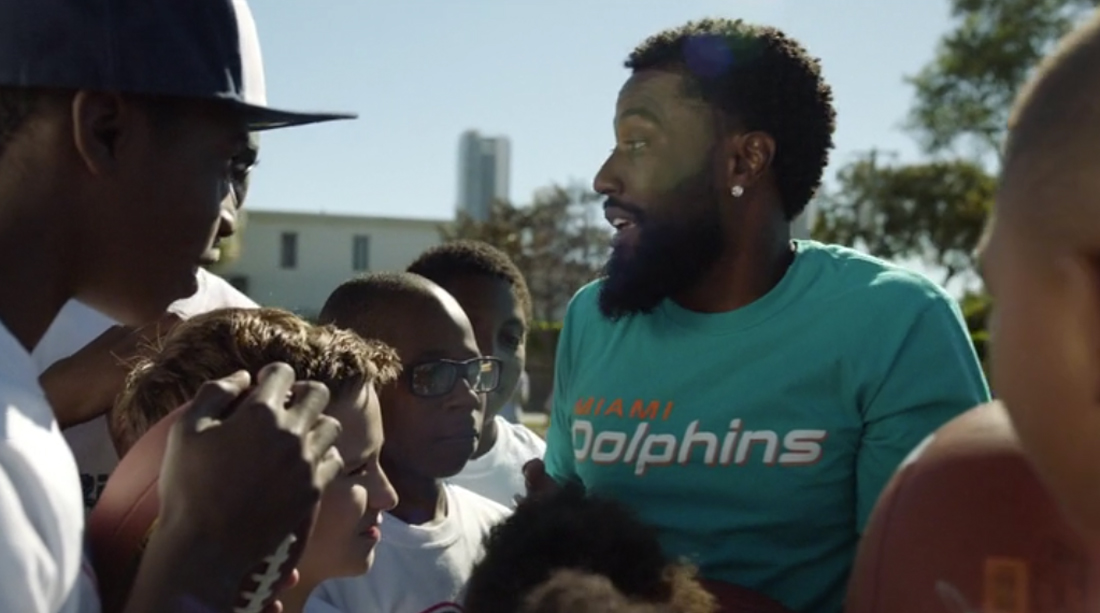 It took forever for both of the contracts from the two different networks to come. They arrived the same day, which was oddly enough, the same day I published last year’s birthday post. Without even asking, the network for the scripted show sent an additional contract offering a “consulting producer” position.
More or less, it guaranteed that I would have some input in the show. I know the nuances of my world as described in the book; they didn’t. I would fill in the knowledge gaps. That made me happy. My book, A Belle in Brooklyn, is my baby, the physical embodiment of a dream I wished for when I was 12. It took 20 years to make it come true. The additional title meant I would be there to guide my book through her next steps.
It took forever for both of the contracts from the two different networks to come. They arrived the same day, which was oddly enough, the same day I published last year’s birthday post. Without even asking, the network for the scripted show sent an additional contract offering a “consulting producer” position.
More or less, it guaranteed that I would have some input in the show. I know the nuances of my world as described in the book; they didn’t. I would fill in the knowledge gaps. That made me happy. My book, A Belle in Brooklyn, is my baby, the physical embodiment of a dream I wished for when I was 12. It took 20 years to make it come true. The additional title meant I would be there to guide my book through her next steps.
It sounded too good to be true because it was. The main contract was standard, which is to say that it heavily favored the network. They wanted to own everything related to A Belle in Brooklyn, including my URL, the logo, the name “A Belle in Brooklyn”, and anything else “Belle”-affiliated, including any merchandise. Oh, and if the show ever made it on air, I couldn’t write a sequel to the book for approximately ten years and even then it couldn’t use any “characters” that I wrote about in the original book again. In laywoman’s terms, it meant that I wouldn’t be able to write about my life anymore.
I wanted a scripted show so bad that I actually (and reluctantly) considered this.
I found a lawyer who used to run the legal department at another major network who told me a show would cost me, but I didn’t have to give up that much. It would also cost me financially. The lawyer knew the ins and outs of the business and even with a hook up, she was expensive. If I was lucky, the option rights for the book would cover what I would pay her when she was done re-working and negotiating with the network to get a contract that wasn’t asking for my soul.
In the end, I spent what the option clause the contract would have paid and then some—and never got anything in return. I sat through hours of phone calls at the most inconvenient of times. I was doing a speaking engagement in Colorado and instead of prepping, I was in my dressing room on the phone with my lawyer for an hour going over the latest contracts right until I walked on stage. I would go on vacation and stay cooped up in my hotel room going over contracts. CBW would come by to visit, and I'd be sitting on the phone with my lawyers. I was on deadline for writing assignments, talking to my lawyer instead of cranking out essays, and watching the minutes move on the clock thinking about how much it was costing me and how pissed my editor would be if I missed my deadline… again.
There was also another lawyer to handle the contracts for the other network. That contract required the same level of negotiation. I would get off the phone with one lawyer and get on the phone with the other. Occasionally, I’d sit on the phone with both of them as they ironed out details and rights to make sure the contracts didn’t conflict with each other. I totaled the price of one of those hour- long calls once. I could have bought a pair of Louboutins.
Two TV deals on the table should have been heaven when I’d just been complaining about none. But I was in hell.
The time commitment to negotiating the contracts and the learning curve was killing me. The stress made me unbearable to be around or carry on anything but the most basic of conversations. I spent most of my time talking to producers and managers and lawyers and they were all throwing about terms that I’d never heard and percentages that I had no clue whether they were good or bad. My manager would bring up concerns in the contracts that I didn’t even know I was supposed to be concerned about. I’d asked to be kept in the loop of all the negotiations so I could learn the ropes, and I’d jump in and ask the most mundane of questions. Everyone always filled me in, happy to help. But at 33, I perpetually felt like a kid listening to the adults talk and no matter how hard I tried, I just wasn’t getting it.
A little bit of that feeling goes a long way. When you spend so much time feeling like most inadequate person in the room, it starts to affect the other rooms you go in. I couldn’t write the same. I started looking up words that I knew the meaning to because I wasn’t sure I was using them in the right context. It would take all-day to write competent articles when it used to take a couple hours tops to make something borderline profound. I’d be scared to push the Send button to my editors with fear someone would write back “um, what is this?” And then that actually happened which messed me up even worse.
I was going crazy. I debated with actual seriousness saying “f*** it” to both contracts and writing all together. I told this all to Tariq who confirmed I wasn’t crazy, just scared and overwhelmed.
He pointed out that I was doing it right. I’d hired the best to advocate for me. I’d assembled an amazing team of women (as a testament, whenever anyone in the business asks who my lawyer, manager or producers are, I’m met with an impressed look after I answer) and I should just let them do their jobs.
“It will all work out,” he promised. I wanted to believe him. I wanted to believe in myself. But I’d negotiated away so much of what mattered to me and I’d been in over my head so long and I’d felt so damned dumb, I wasn’t sure who I was anymore.
The negotiations for the scripted show took longer than the time to finalize the reality show, tape it, and it was damn near about to be announced when I finally got a final word on what I’d started to think of as “my show”, which didn’t even exist.
I’d realized months before that something wasn’t right with the scripted deal. I’d pushed the feeling down, blaming my outsider-ness and lack of understanding about the way Hollywood operates. It’s a “hurry up and wait” schedule, I was told. “It’s fine. Everything’s fine.” Until it wasn’t.
I should have listened to myself.
I got the news soon after I’d hopped on a plane to LA to get away from New York hang out with my friends, put in face-time with my team and most importantly, to check on my “baby” cousin, a 20 year old from NOLA who wanted to be an actress. She’d bought a one-way ticket headed West a month prior to chase her dream, a move I didn’t fully approve of.
I took her to dinner in Century City the first night, the same way my relatives and friends of my parents did for me when I moved to New York. I remembered what it meant to have a concerned adult present with a listening ear, and a meal at a decent restaurant, something that had become a luxury. And I'd planned to tell her she should go back home, get her business in order, and return when it was.
In so many words, she told me she was broke, and at the bottom of the totem pole, but she was where she wanted to be, in LA, and just taking that first step toward her dream despite all the (massive) problems-- like not having a car in LA-- that came with it. She was happy.
I remembered being that girl. In my version I sat on my parents back porch with a Master’s degree and no job, praying “God, just give me a chance to compete. I can make it if I get a chance.” My parents didn't want me to go. I got an offer paying next-to-nothing for a government job in NYC, moved and took a second job where I worked 13 days straight, two days off for a year. My parents thought I was crazy. I was living my dream.
I realized as she talked that I would have been a hypocrite to give her the “you should go home” speech, and I figured she was hearing it from everyone else anyway, the same way I did. It meant a lot then-- and now-- for someone to say,"I'm in your corner" when I felt like no one was. So I told her I was and gave her a “you gotta want this like your life depends on it” soliloquy. It ended with, “balls to the wall, baby. But not, like, balls, because you don’t have balls, cause you’re a girl. Maybe boobs... Boobs to the wall! That sounds painful. But you know what I mean, right?”
I added, "oh, and that means taking the bus."
She nodded at me across the table and said, “I want this… more than anything, B.”
I smiled at her the way the grown ups used to smile at me at dinner. I always thought it was pity for me being broke and naïve in a big city and dinner was an act of charity. It was actually them remembering their own journey as I spoke, remembering it fondly and recognizing how far they’d come from their own beginnings. I think they were also enjoying the hope that still flourishes in people who haven’t been in over their heads long enough to fear drowning. I certainly was and I was getting more out of that dinner than she was.
For the first time in months, I actually didn’t feel crazy. I actually felt... happy.
The following week, baby cousin sent me a selfie from the bus. She was headed to an audition, and yes, she got the job.
Part 3: Soon come.





